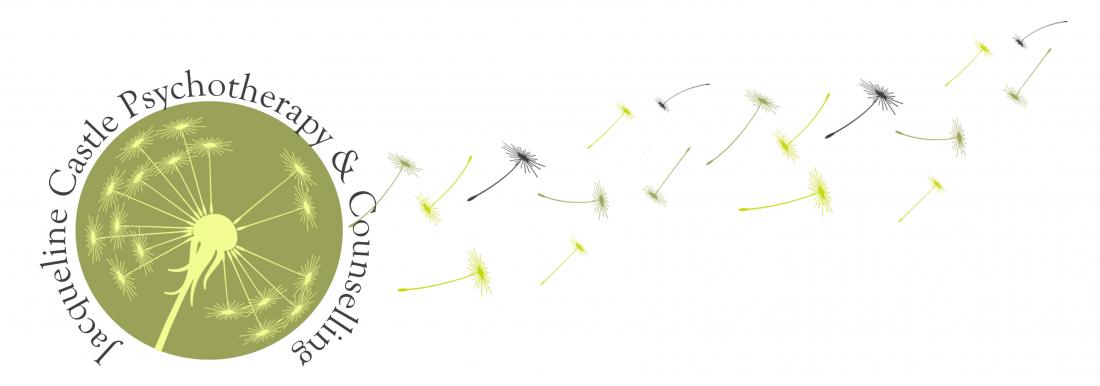The Tapestry of Love: Unravelling the Threads of Upbringing

Love, that elusive yet powerful force that shapes our lives in profound ways, is often coloured by the lens through which we view the world—the lens of our upbringing. From the tender embrace of a parent's love to the tumultuous dynamics of childhood relationships, our early experiences lay the foundation for how we perceive and navigate love in our adult lives.
For some, love is synonymous with security and warmth—a comforting embrace that envelops us in a cocoon of safety and acceptance. This perception of love is often rooted in a nurturing upbringing, where parents or caregivers provided unconditional love and support, teaching us that we are worthy of love simply by virtue of being ourselves. In turn, we carry this belief into our adult relationships, seeking partners who mirror the love and security we experienced in childhood.
For others, love may be tinged with pain and uncertainty—a tangled web of conflicting emotions shaped by childhood trauma or dysfunction. Growing up in an environment marked by neglect, abuse, or instability can distort our perception of love, leaving us wary of intimacy and vulnerability. In these cases, love may be equated with control or manipulation, leading to patterns of co-dependency or toxic relationships in adulthood.
Yet, regardless of our upbringing, our perception of love is not set in stone. Like a tapestry woven from a myriad of threads, it is a complex interplay of experiences, beliefs, and learned behaviours that can be unravelled and rewoven over time. Through self-reflection, therapy, and personal growth, we have the power to challenge and reshape our understanding of love, forging new patterns of connection and intimacy rooted in authenticity and self-awareness.
Moreover, understanding the influence of our upbringing on our perception of love can foster empathy and compassion in our relationships. By recognizing that our partners may have their own unique experiences and perspectives, we can cultivate a deeper understanding of their needs and insecurities, nurturing a relationship built on mutual respect and empathy.
In the end, our upbringing shapes but does not define our perception of love. It is a journey of exploration and discovery—a journey that invites us to unravel the threads of our past and weave a new tapestry of love, one that reflects our truest selves and honours the complexities of the human heart.



